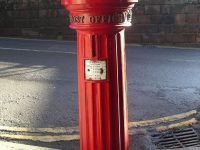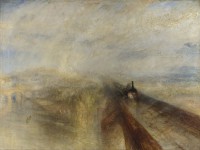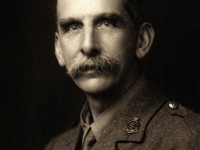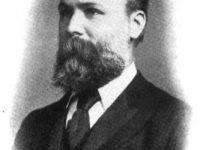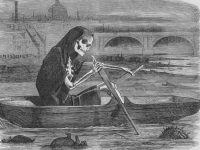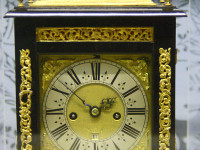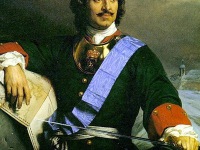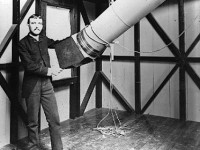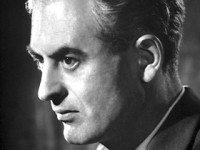How Anthony Trollope invented the Red Postal Box
On April 24, 1815, English novelist of the Victorian era Anthony Trollope was born. Trollope wrote novels on political, social, and gender issues, and other topical matters. Among his best-known works is a series of novels collectively known as the Chronicles of Barsetshire, which revolves around the imaginary county of Barsetshire. He furthermore introduced the familiar red pillar boxes in Britain as street-side receptacles of letters for collection by the Post Office.…
Read more

